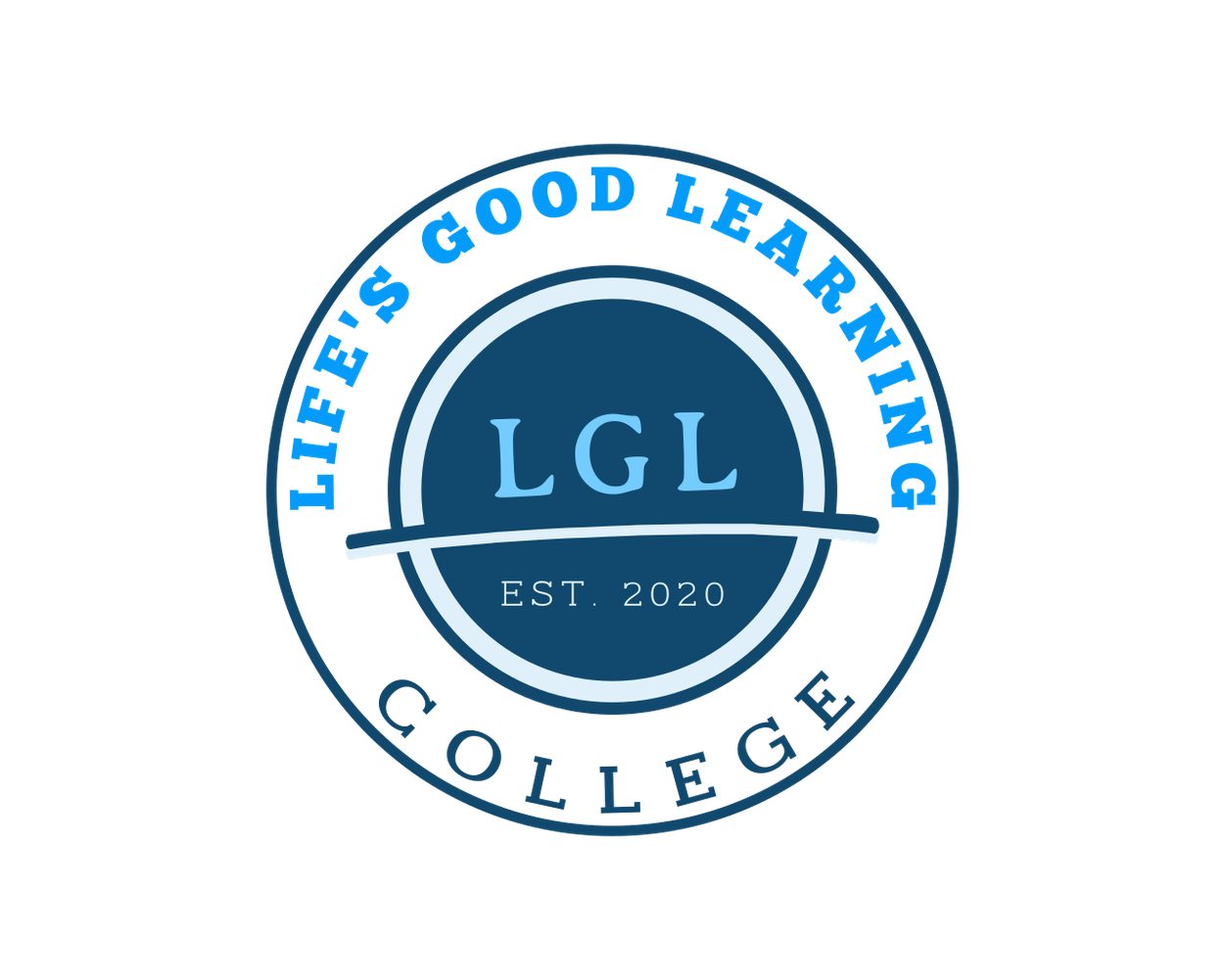
Support for ESL Students in CNA Programs
Share
Becoming a Certified Nursing Assistant (CNA) is a rewarding path, especially for students from diverse language backgrounds. For many ESL (English as a Second Language) learners, CNA programs offer a gateway to meaningful healthcare careers. However, these programs can present extra challenges due to language barriers. From technical vocabulary to patient communication, ESL students must overcome more than just standard coursework. Fortunately, many programs offer tools to help ESL learners succeed. Whether you're just starting out or looking for better support, understanding your options makes all the difference. This guide explores the language expectations in CNA programs and the services that support ESL students every step of the way.
Understanding CNA Language Requirements
CNA programs expect students to read, write, and speak English clearly. These skills are necessary for understanding lessons and communicating with patients. Medical settings require precise instructions, so fluency in basic English is essential. Most CNA schools assess language proficiency during enrollment. Some require passing an English language test or completion of ESL prerequisites. ESL students may also need to take a placement exam to measure comprehension. While formal fluency is not always mandatory, basic communication must be strong enough for clinical settings. Knowing this early helps you plan. If your school doesn't require testing, it's still smart to check if you meet the language level needed for success.
🌟 Become a Certified Nurse Assistant (CNA) and Earn up to $80,000 a Year!
Start your healthcare career today with our Certified Nursing Assistant Program at LGL College — where your success is our mission. No long waiting lists, no unnecessary barriers — just quality CNA training that prepares you for a rewarding career helping others.
✅ No GED Required
✅ Job Placement Assistance
✅ CNA State Exam On Our Campus
✅ Monthly Payment Plans Available
👉 Click Here to Enroll in a CNA Program Now
Common Challenges for ESL Students
ESL students face specific hurdles in CNA programs. Understanding fast-paced English lectures can be difficult. Reading medical textbooks, following procedures, and writing care reports all require advanced vocabulary. In clinicals, speaking with patients and healthcare staff under pressure adds another layer. Pronunciation, grammar, and unfamiliar terms can create stress. Some students hesitate to ask questions, fearing embarrassment. Others struggle to write assignments clearly or fail to grasp instructions. Time pressure during skills exams can also impact performance if translation is needed. Identifying these challenges helps ESL students find targeted solutions and avoid setbacks.
Language Support Services Offered
Many CNA programs now include services designed to support ESL learners. Some offer extra tutoring in English, medical terms, or general communication. Others provide access to language labs, study groups, and writing centers. Community colleges often host ESL workshops or pair students with English-speaking mentors. Some schools also allow additional time during tests or offer simplified instructions. You may find bilingual staff or interpreters available for assistance. Ask your program director about language support resources early in the course. Using these services can make learning smoother and help you keep up with the class.
Bilingual Instructors and Materials
One of the most helpful tools for ESL students is having bilingual instructors. These educators can explain lessons in both English and your native language. They can help clarify confusing topics and ensure you understand core concepts. Instructors who speak multiple languages often bring cultural awareness that makes the learning environment more welcoming. Some programs also offer study materials translated into different languages. Flashcards, manuals, and online quizzes may be available in Spanish, Chinese, Armenian, or other widely spoken languages. These resources help reinforce learning and bridge gaps where direct English comprehension is tough.
Tips for Improving Medical English
Improving your medical English is essential for CNA success. Start by focusing on vocabulary related to patient care. Learn terms for body parts, symptoms, medications, and equipment. Watch CNA training videos in English and repeat the phrases aloud. This builds your speaking skills and helps with pronunciation. Listen to healthcare podcasts or audio books to increase your understanding of spoken English. Practice writing patient notes and reviewing sample charts. Reading health articles, translating them, and then summarizing in your own words also boosts comprehension. Set small, daily goals and focus on real-world phrases you’ll hear in clinicals.
ESL CNA Student Success Stories
Many ESL students have successfully completed CNA programs and found great careers. Their stories show that language barriers don’t have to block your path. For example, a student from Vietnam shared how daily vocabulary practice and weekend tutoring helped her graduate with top marks. Another student from El Salvador used group study sessions and translated flashcards to master skills and pass the exam. A Syrian refugee relied on bilingual textbooks and an ESL mentor to feel confident during clinical training. These stories inspire and remind ESL learners that with persistence and support, CNA goals are achievable.
Practice Tests in Multiple Languages
Practice tests can help ESL students prepare for the CNA certification exam. These tests allow you to become familiar with question formats and time limits. Some providers offer translated versions in different languages, such as Spanish or Tagalog. These help you understand what’s being asked before switching to the official English version. Even if your exam will be in English, practicing in your native language first helps you build confidence. It also strengthens your understanding of medical content, allowing you to focus on improving your English over time. Check online or ask your school about available resources.
Using Translation Tools Responsibly
Translation tools can support learning but should be used wisely. Tools like Google Translate or DeepL help you understand unfamiliar English words. However, depending too much on translation can slow your progress. Instead of translating every word, focus on understanding key terms and phrases. Use bilingual dictionaries specific to medical terms for accuracy. During class or clinicals, try to listen and respond in English. Save translation tools for private study or reviewing written materials. Responsible use helps you become more independent and improves your real-world communication with patients and team members.
Overcoming Communication Barriers in Clinicals
Clinicals are often the most challenging part of CNA training for ESL students. Communication must be clear, quick, and compassionate. Patients may use slang or speak quickly, making it harder to understand. Healthcare staff also expect CNAs to follow instructions without delay. One way to improve is to repeat instructions back to confirm understanding. This builds confidence and prevents errors. Practice common phrases like “Let me help you,” or “Can you repeat that, please?” Use eye contact and gestures to aid communication. If you’re unsure of a word, ask for clarification. Clear communication is more important than perfect grammar.
Building Confidence as an ESL CNA
Confidence plays a huge role in your success. It's easy to feel nervous when speaking a second language, especially in a medical setting. But remember, many of your classmates also struggle with something. Focus on what you know and how far you've come. Remind yourself that language skills improve with time and practice. Participate actively in class. Don’t be afraid to ask questions or answer them. Speak up during clinicals, even if you make mistakes. Each conversation strengthens your ability. Confidence grows every time you take a small step forward. You belong in this field, and your voice matters.
Being an ESL student in a CNA program can be tough, but it's also incredibly rewarding. With determination and the right support, you can overcome language barriers and thrive in your healthcare journey. From bilingual materials to practice tools, there are many resources designed to help you succeed. Focus on small, daily improvements in your English and always seek help when you need it. Stay engaged, practice often, and believe in your ability to care for others. Your language background is not a weakness—it’s part of the strength you bring to the caregiving world. Stay confident, stay committed, and your goals are within reach.

